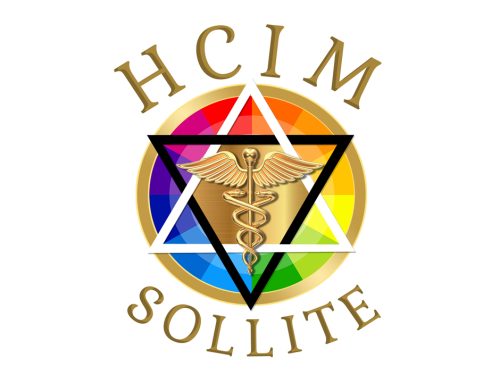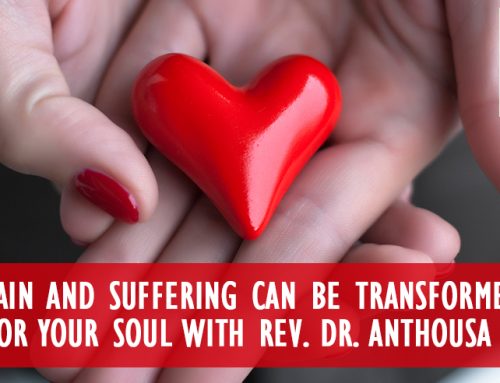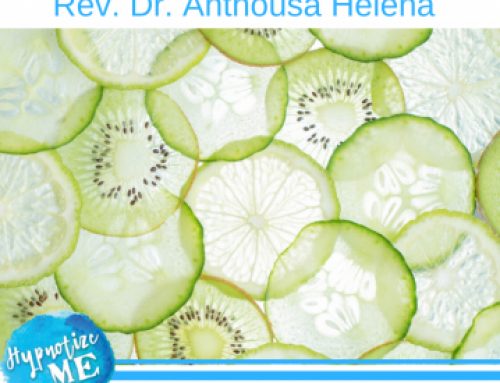 by Anthousa Helena
by Anthousa Helena
My dissertation for my doctorate degree was written on comparative religions. At that time I had already spent 55 years of my life actually living and experiencing religious sects, beginning at age 5 when I went to a Catholic boarding school. At some point, I began to study and explore the metaphysical aspects of these organized religions, which was my dissertation’s actual focus.
One relatively misunderstood spiritual path today is the way of the Sufi. As a longtime journeyer on the path of Sufism, the principles and practices I received in my Sufi context were those of Unity, the loving nature of the Creator, the importance of living a balanced life, the practices of prayer, meditation, and of being in service.
Sufism acknowledges and honors the truth and wisdom to be found in all the world’s major religions and spiritual paths. There are Sufis who are also Buddhists, and Jews, and Christians, and Muslims, and devotees of the Great Mother, and followers of the Red Road (Native American spirituality). Sufis meditate and chant and sing and dance and pray.
The term Sufism has different meanings. According to some, the word is derived from safa, which means purity. The focus of this path is the purification of the heart. This path helps people get in touch with the deeper teachings of the religion or spiritual path they are following. It gives the follower tools to wash away the feelings of fear, loneliness and separation.
Most of us are experiencing life from the ego/self layer, which means that we see ourselves as individuals separated from God; lonely, incapable, and fearful. The goal in the Sufi way is to liberate one from this illusion and let all people live in peace, love, freedom and harmony.
We all have experienced pain and suffering in our lives. We all have blemishes in our self-image, such as “I’m not good enough” or “if I only had more money I would (fill in the blank)”. The reason for this suffering is that the inner landscape of our heart has not changed. In order for us to experience freedom, we need to have freedom in our heart; and if we want to have peace with our neighbor, we first need to have peace within ourselves.
There are different tools and processes that are used in Sufism to help in washing the heart so that we may manifest and experience our true Divinity which reflects mercy, compassion, truth, peace, love and beauty. The main tool is the practice of remembrance. Remembrance of what? Remembrance of the truth that we and everything are all part of One and the same. Referring to an Arabic phrase la ilaha illa’llah, which is translated as “there is nothing but the one Reality.”
The practice of remembrance is done in a quiet place with your eyes closed while focusing your attention on your heart. You can also place your hand over your heart to assist you in connecting more deeply within. Then simply begin repeating and remembering the name of God; the name you use most often that is your own understanding of God and has meaning for you, as it is your personal relationship with your Divine Creator that is most important.
This repetition process will bring in a white light that penetrates the heart and begins to wash the darkness and pain away energetically and then transforms it to Divine light. As you continue the remembrance, you move from the outer layer of self to a deeper layer in the heart, and then deeper to the layer of your soul. The layer of the soul is the place in our being that carries the true essence of who we really are.
The soul is the part that was created by the Divine, the part in us that has a purpose in this world, that makes us aware of our talents and gifts, what our unique purpose is, and how to manifest it.
When we live our life from the place of our soul we experience a flow; a oneness with everything; a deep sense of satisfaction, beauty, peace and happiness. We are Love.





